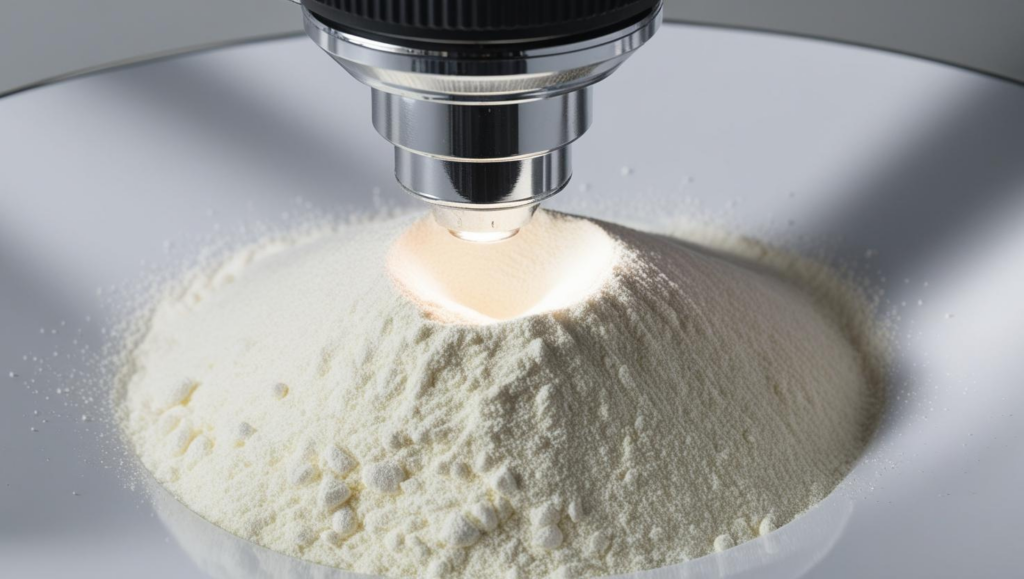Are APIs Under Increased Scrutiny From Regulators?
Recent years have seen a series of Good Manufacturing Practice (GMP) violations in the active pharmaceutical ingredient (API) manufacturing sector, leading to increased regulatory scrutiny. High-profile incidents, such as product recalls due to nitrosamine contamination, cross-contamination between drugs and APIs failing to meet critical quality attributes, have heightened regulators’ focus on compliance and safety. (1)(2)
A recent FDA warning letter (320-25-22) addressed significant Current Good Manufacturing Practice (cGMP) deviations at Genzyme Corporation, highlighting critical issues that reflect broader trends in the industry. (3)
Key Observations and Trends
Failures in investigations and root cause analysis have been a significant issue. Repeated failures to conduct thorough investigations into critical deviations, including microbiological contamination and out-of-specification (OOS) results, were noted. Additionally, there was insufficient scientific rigor and documentation in root cause analyses and corrective and preventive action (CAPA) justifications.
Process validation and control deficiencies were also observed. Deviations from validated manufacturing processes occurred without adequate justification or risk mitigation. Furthermore, there was a lack of data-driven programs to address process variability and maintain a consistent state of control.
 Concerns regarding equipment design and suitability included the use of unsuitable equipment for sterile manufacturing environments, which posed significant contamination risks. There was also a failure to reassess identified equipment design flaws or limitations.
Concerns regarding equipment design and suitability included the use of unsuitable equipment for sterile manufacturing environments, which posed significant contamination risks. There was also a failure to reassess identified equipment design flaws or limitations.
The Quality Unit (QU) encountered significant challenges, such as a backlog of open and overdue deviation investigations. Gaps in procedural adherence, training and resource allocation within the QU exacerbated these issues.
Personnel practices and training were found lacking, with inadequate aseptic techniques and insufficient training and oversight to prevent the recurrence of poor practices.
Regulatory Focus Areas
The FDA’s heightened scrutiny emphasizes several critical areas. Data integrity and documentation remain a primary focus, ensuring thorough investigations and robust documentation for investigational activities and CAPAs. Process control and validation are under increased scrutiny, with an emphasis on scientifically sound and reproducible manufacturing processes. Contamination control has become a critical area, necessitating effective cleaning protocols and measures to prevent cross-contamination during production. Moreover, there is an increasing emphasis on quality culture, highlighting the agency’s expectation that leadership plays a crucial role in fostering compliance and supporting the QU’s responsibilities.
Broader Industry Trends
Several factors are driving this increased focus. The complexity of API manufacturing has grown significantly, with advanced biopharmaceutical processes demanding stringent control and monitoring to ensure product quality, safety and efficacy. Aging API facilities may also contribute to elevated GMP risks.
Regulatory harmonization is another key factor. Global alignment on cGMP standards, such as those outlined by the International Council for Harmonisation (ICH), is pushing companies to adopt higher standards universally. Additionally, patient safety and drug shortages are driving regulatory actions. Compliance failures can result in product recalls or supply disruptions, prompting regulators to take proactive measures.
Moving Forward
To address these challenges and meet regulatory expectations, the API manufacturing industry must adopt a proactive, quality-first mindset. This involves investing in robust quality systems that emphasize continuous improvement, strengthening training programs and documentation practices to ensure compliance, and engaging leadership to prioritize quality culture and address systemic issues effectively. By taking these steps, manufacturers can not only meet regulatory requirements but also enhance product quality, safeguard patient safety and ensure supply chain reliability.
References
- FDA, MasterPharm, LLC Recall Announcement, May 11, 2020.
- FDA, Amneal Pharmaceuticals LLC Recall Announcement, June 1, 2020.
- FDA, Warning Letter to Genzyme Corporation